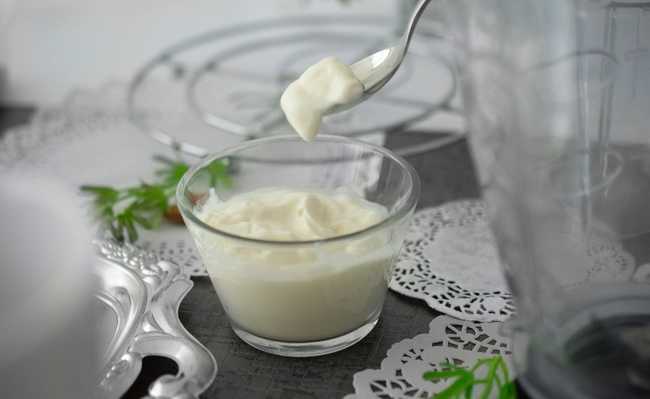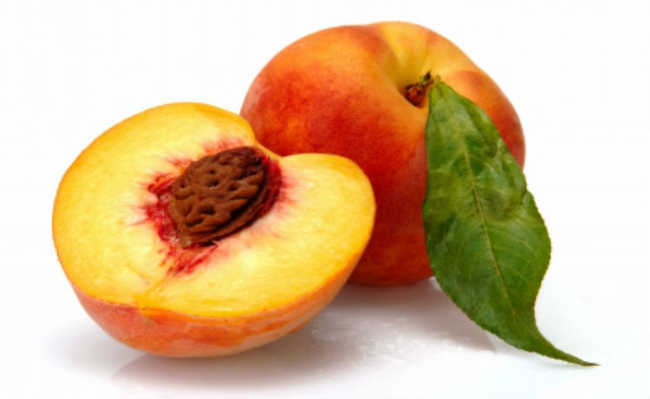According to studies, honey is a good natural antibacterial
It may even seem like another one of our grandmothers' recipes, but new studies point to the great bactericidal power of honey

During the 247th National Meeting of the American Chemical Society, held last March, in the US, the lead author of a study that points to honey as a natural antibacterial, Susan M. Meschwitz, presented the results of her research. She reports that "the unique property of honey lies in its ability to fight infection at various levels, making it more difficult for bacteria to resist."
Meschwitz explains that honey makes use of a combination of "weapons", including hydrogen peroxide, acidity, the osmotic effect, high concentration of sugar and polyphenols, which actively kill bacterial cells. The osmotic effect, which is due to the high concentration of sugar in honey, extracts water from bacterial cells, thus causing dehydration and bacterial death.
Other studies show that honey also has the power to inhibit the formation of disease-causing bacteria communities and quorum sensing. Meschwitz said that another advantage of honey is that it doesn't act on the most essential processes of bacterial growth - just what conventional antibiotics do. So, instead of facilitating the development of future generations of drug-resistant bacteria, it eliminates them and does not strengthen resistant cultures.
Story
Honey is one of the best known foods for mankind and is not new. There is evidence that it was used for hundreds and hundreds of years, being present in paintings and manuscripts from ancient Egypt, Greece and Rome. But it was not limited to being a mere sweetener, as it is a strong ally in human nutrition - honey is a food rich in energy and contains numerous substances beneficial to the body. With the advancement of science, its therapeutic properties were discovered, which made honey very popular as a "home remedy" (check here for home remedies for sore throats, sunburns and other natural remedies for common ailments).
Why is honey can help?
Honey is effective because it is full of healthy polyphenols, more popularly known as antioxidants - they contain phenolic acids, caffeic acid, p-coumaric acid and ellagic acid, as well as many flavonoids. A large number of laboratory and clinical studies have confirmed the broad-spectrum antibacterial, antifungal and antiviral properties of honey. There are studies that test the activity of honey against bacteria such as E. coli, Staphylococcus aureus and Pseudomonas aeruginosa.
The use of honey to fight infections instead of antibiotics
For many years, conventional medicine has been using antibiotics to fight viral infections, a choice that ended up causing problems, since antibiotics are only effective in breaking down bacterial infections. This unnecessary and often excessive consumption can make future infections difficult to fight, as bacteria that resist the dose of antibiotics proliferate rapidly, creating new generations of bacteria resistant to the medication.
But take it easy. Because honey is a natural antibacterial, you won't stop taking an antibiotic if your doctor recommends it. Just confirm that the use of the medicine is really necessary.










